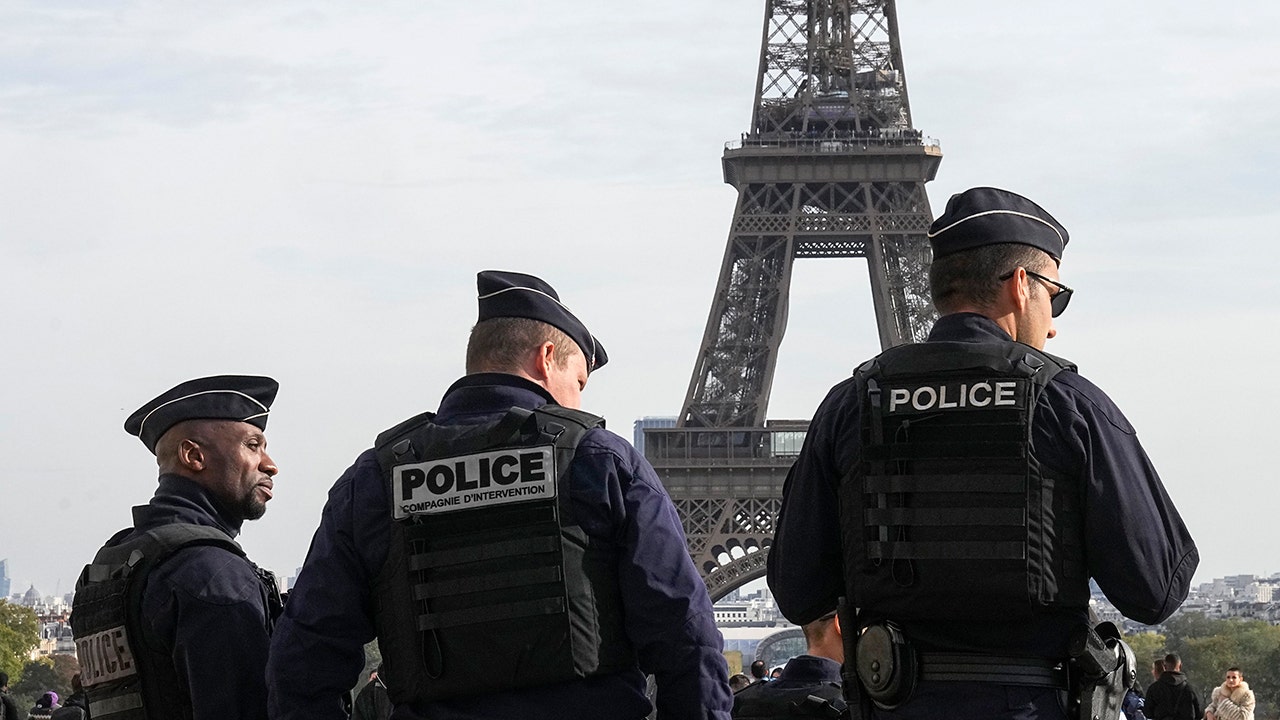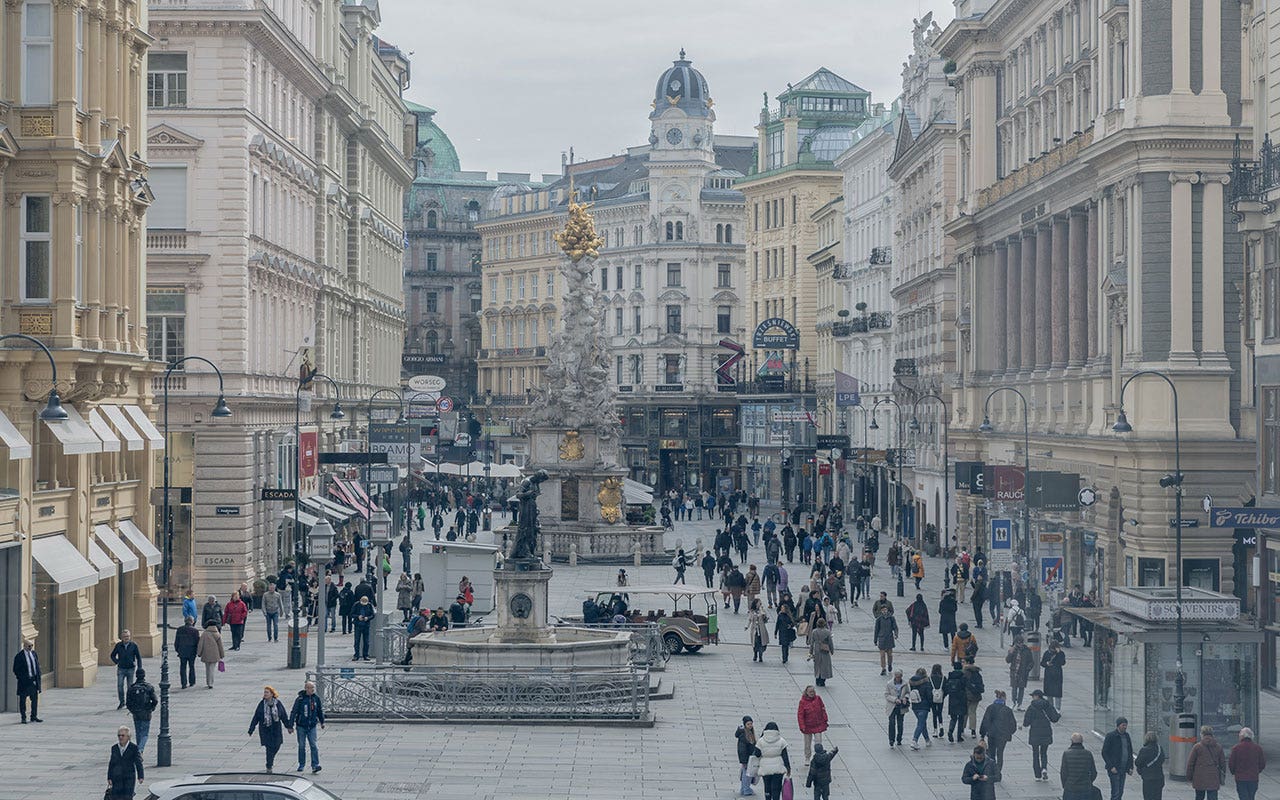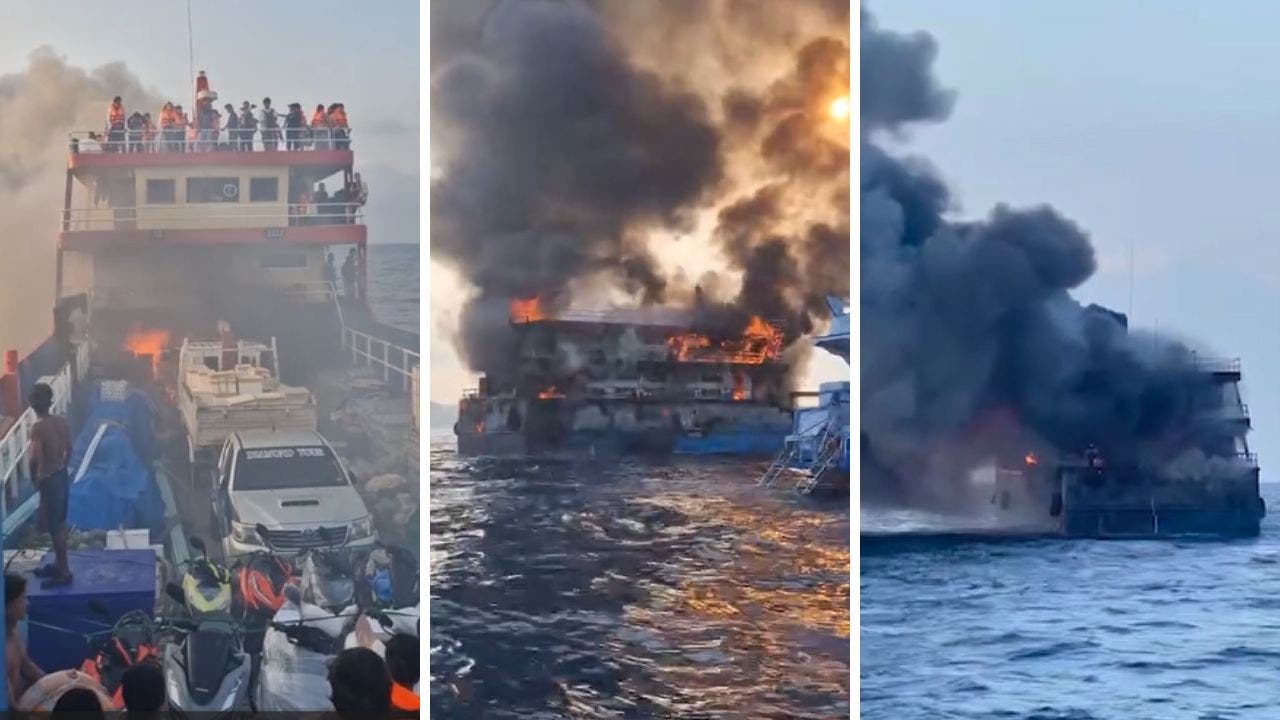For two months at the start of his captivity in Gaza, militants bound Andrey Kozlov’s hands and feet, leaving marks on his body. They tried to convince him that the outside world, including his parents, had given up on him.
“Your mom is on vacation in Greece,” the militants told him. “Your mom doesn’t know about you at all and doesn’t want to know.”
The account of Mr. Kozlov’s eight months in captivity, related by his parents in an interview, emerged after he and three other hostages were rescued by Israeli commandos on Saturday in central Gaza, in an operation that left scores of Palestinians dead. The details offered more indications that militants in Gaza were mistreating hostages, after people who were released last November during a temporary cease-fire recounted undergoing physical, emotional and even sexual abuse.
The risky rescue lifted the public’s mood in Israel and prompted spontaneous celebrations, but it also underscored the plight of more than 100 other living and dead hostages still stuck in Gaza.
“He said it was very difficult,” said his mother, Evgeniia Kozlova, who, along with his father, Mikhail Kozlov, spoke to The New York Times this week in Tel Aviv. “It’s very hard to put into words.”
Hamas has said that it treats hostages well compared with Israel’s treatment of Palestinian prisoners, a claim that Israeli officials vehemently dispute. In an apparent effort at psychological warfare, his captors told Mr. Kozlov, 27, a Russian-Israeli, that the Israeli government had concluded that the hostages were a burden, Ms. Kozlova said.
“They were telling Andrey to be very quiet because they, the hostages, are a problem for Israel,” she said. “They said Israel can solve this problem any way it wants, including killing the hostages so they don’t have to think about them anymore.”
The militants’ claims had an effect on Mr. Kozlov — so much so that when Israeli forces arrived in a civilian neighborhood in central Gaza to rescue him, she said, he was initially not sure if they had come to save or kill him.
Since the start of the war, Israeli forces have rescued only seven of the some 250 people who were abducted to Gaza during the Oct. 7 Hamas-led attacks on southern Israel. (More than 100 hostages were released in November as a part of a short-lived cease-fire; at least a third of the 120 captives or so who remain in Gaza are dead, according to the Israeli authorities) Last week’s rescue operation also resulted in the deaths of more than 200 Palestinians, many of whom were civilians, according to the Gazan health authorities.
Israel has criticized Hamas for holding hostages in civilian areas. Ghazi Hamad, a senior Hamas official, said on Sunday that the group had tried to distance civilians from the conflict. But Hamas has taken advantage of the urban areas in Gaza to provide its fighters and weapons infrastructure an extra layer of protection, running tunnels under neighborhoods, setting up rocket launching pads near civilian homes and holding hostages in city centers.
Unlike other hostages, Mr. Kozlov was never brought into Gaza’s vast subterranean tunnel network and was told by his guards that his circumstances were much better than those of other hostages, his mother said. He received food throughout his captivity, but it was often simple items like pita bread, cheese and tomatoes, she said.
During his captivity, Mr. Kozlov only went outside at night when he was being moved to a new location, his mother added. He was transferred several times throughout the war, she said.
Mr. Kozlov, Andrey’s father, said that when he and his wife discussed months ago whether they preferred their son be rescued in a military operation or freed through a diplomatic agreement, they both favored an agreement. But as no deal materialized, he said, they wanted him brought home in any way possible.
Asked about the Palestinian civilians who were killed amid their son’s rescue, Mr. Kozlov said he was saddened by their deaths.
“If there was such a possibility to avoid these victims, it would be much better,” he said.






